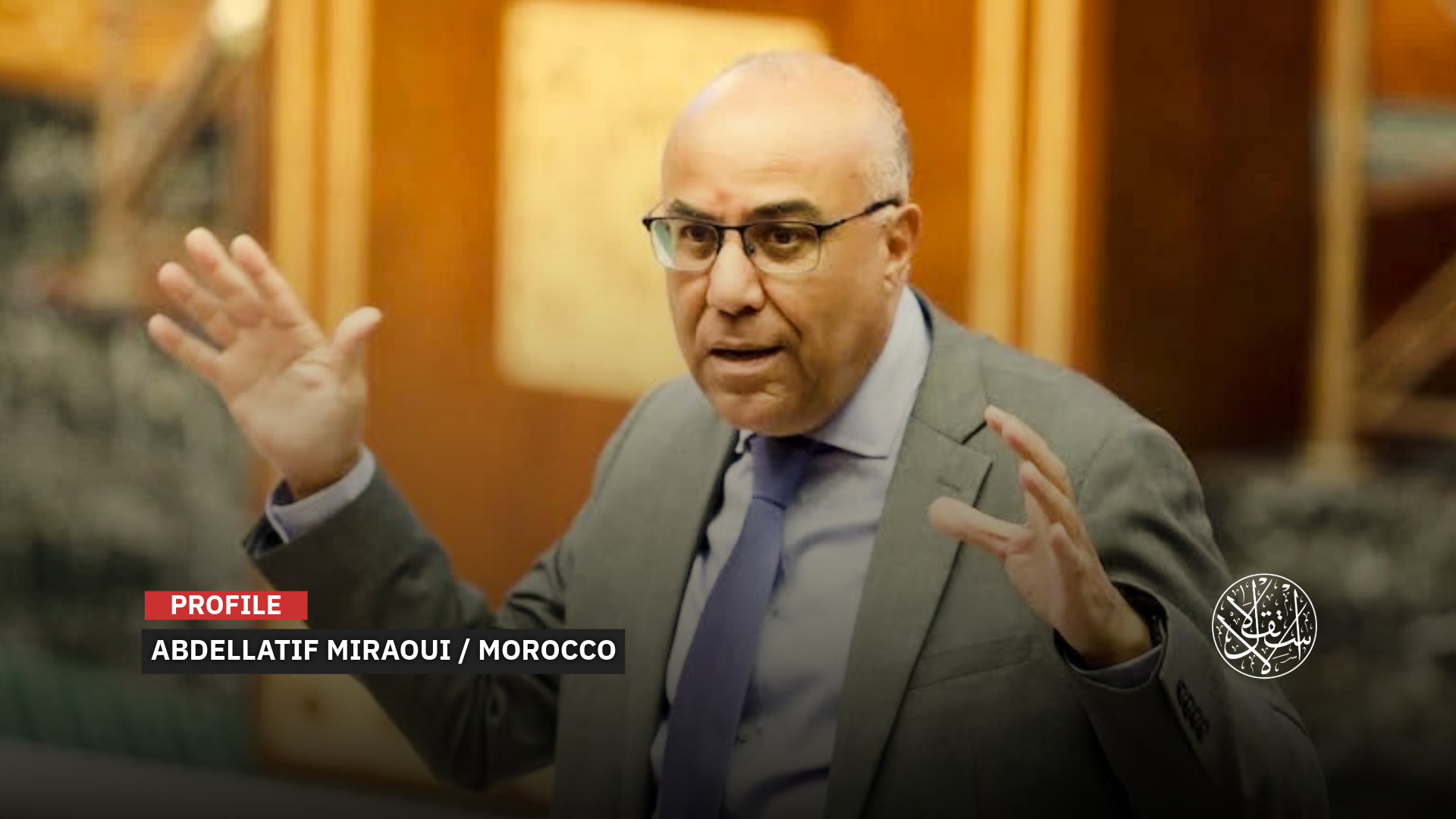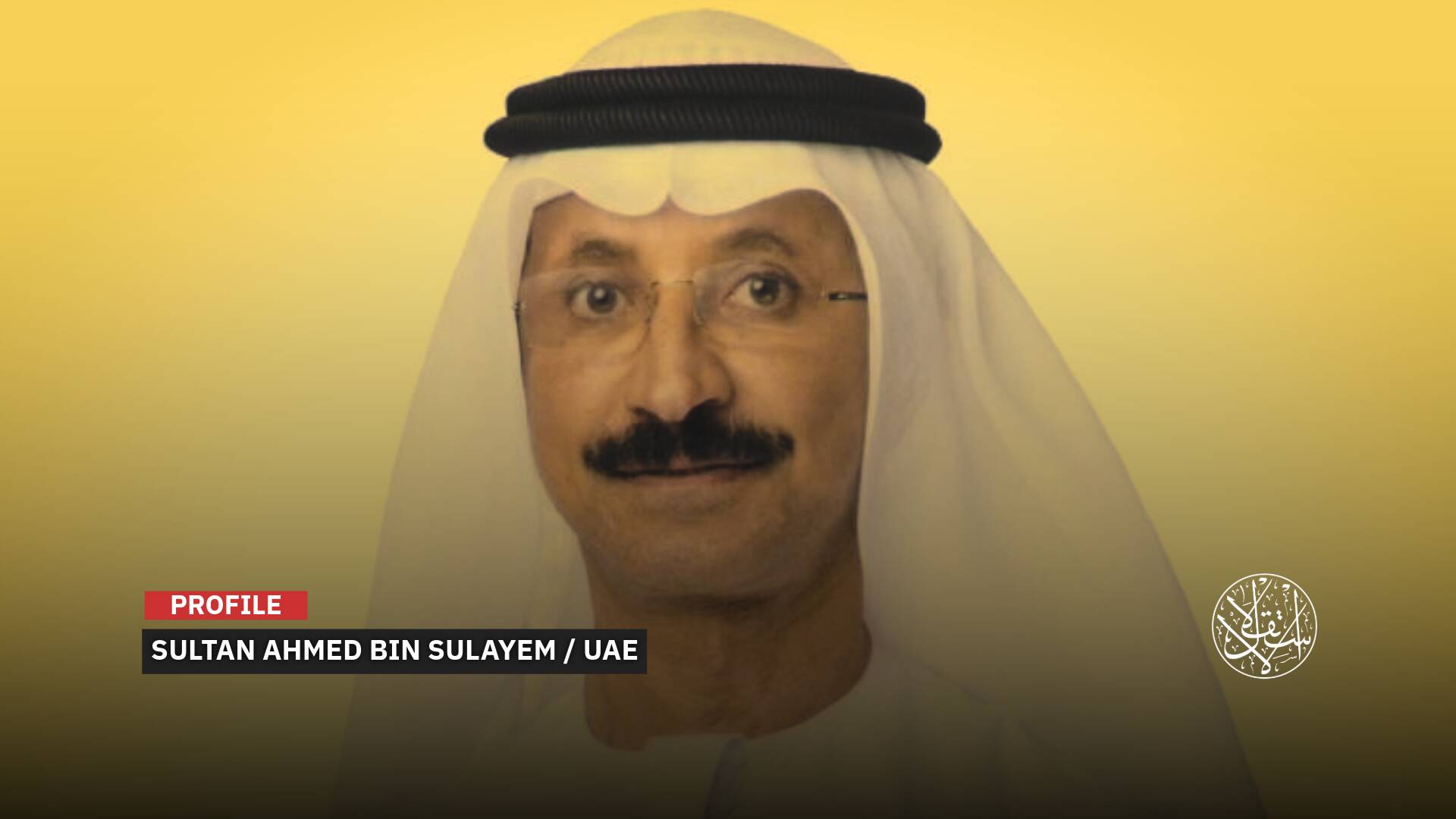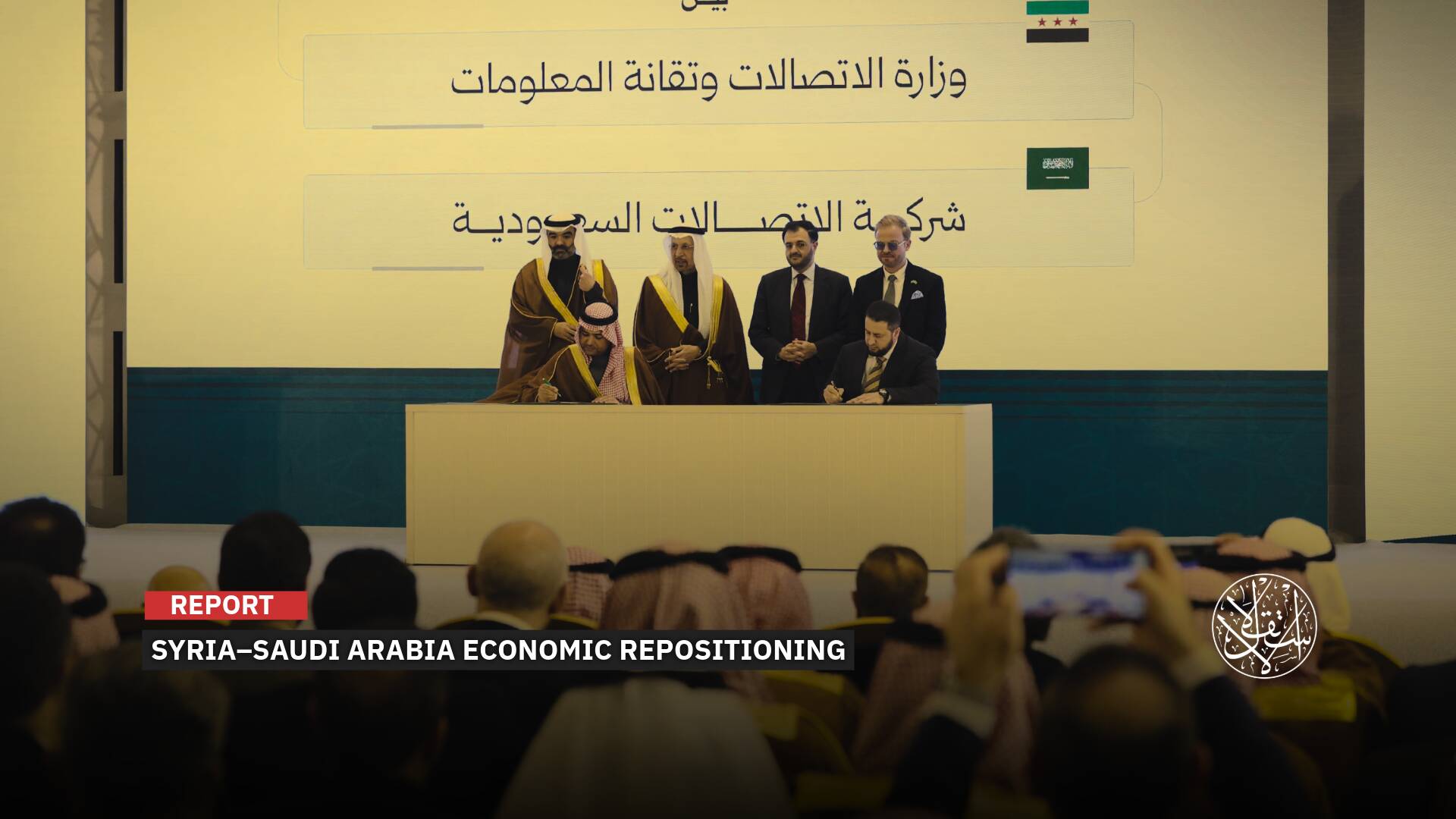Abdellatif Miraoui: Former Moroccan Minister Ends His Career with a Move That Defies His Own Stance

While in office, Miraoui had been one of the loudest voices urging action to stem what he called the “hemorrhage of skills.”
In a twist laden with irony, Morocco’s former higher-education minister Abdellatif Miraoui has re-emerged not in government but at the lectern of a French university, only weeks after leaving office.
His return to academia abroad comes as Moroccan universities continue to lose talent in a migration wave he once warned was draining the nation’s brightest minds. While in office, Miraoui had been one of the loudest voices urging action to stem what he called the “hemorrhage of skills.”
The Longest Strike
Announcing his new post at the University of Technology of Belfort-Montbeliard on LinkedIn on Sept. 15, Miraoui wrote that stepping back into lecture halls means “returning to the core of our profession: sharing knowledge, questioning, guiding.” Every academic year, he added, brings “new faces, renewed energy, and above all, dreams and ambitions.”
He urged students to use their years on campus to expand their knowledge and shape their character through cultural, athletic, and artistic pursuits, calling university “a space for exploration” and telling them, “It’s up to you to write the next chapter.”
The announcement stirred memories in Morocco of a turbulent period for students and the education sector during his tenure. Under Miraoui’s watch, the country’s medical schools were gripped by one of the longest student strikes in their history: classes and clinical training for medical students were boycotted for more than 11 months, resuming only after his departure and a deal with his successor, Azzedine el-Midaoui.
The strike began on December 16, 2023, over a government plan to cut the length of medical training from seven years to six—a move students argued would erode educational quality by removing some 600 hours of coursework. Miraoui defended the reform as a way to ease Morocco’s severe shortage of healthcare professionals.

Milk-Cow Mentality
A Moroccan news site, Intelligentcia, said Miraoui’s move has stirred public anger, calling it emblematic of an elite mindset that reaps the benefits of high office at home only to pivot to foreign universities once their mandates end.
In a September 17 editorial, the paper argued the episode exposes a deeper dilemma that goes beyond one former minister, raising what it described as a pressing question about the moral and political responsibility of Morocco’s governing class—an elite that quickly turns its back on the national university the moment it leaves power.
The paper described Miraoui’s case as “a stark example of the milk-cow mentality: tapping public resources and authority, then departing abroad while leaving Moroccan universities to their uncertain fate.”
Blogger Mohamed Erraji said Miraoui, who had waged a bitter fight as minister to keep medical and pharmacy students from emigrating, is now himself leaving to teach in France.
“Now you know that the ‘patriotism’ they speak of is not even a grain in their hearts,” Erraji posted on Facebook.
Former prime minister and Justice and Development Party leader Abdelilah Benkirane also weighed in, delivering a sharp jab during a party speech on September 21, “There he goes, back to France, to his mother France.”
Ibrahim al-Hnin, a doctoral student, said the contradiction underscores “a deeper dysfunction in Morocco’s political structure.”
“Officials make decisions that directly affect citizens’ lives, then leave the country quietly, as if they were completing a temporary assignment in a place to which they feel no real belonging,” he told Al-Estiklal.
“At a time when official rhetoric repeats slogans about ‘serving the homeland,’ some leaders appear not to trust the very future they claim to serve.”
“What we see,” he added, “is a glaring disconnect between words and actions: a minister who talked of promoting national talent leaves to work for a foreign institution; a minister who drove students into a lost academic year disappears from the scene without accountability.”

Francophone Roots
Born January 13, 1962, in the central Moroccan town of Fquih Ben Salah, Abdellatif Miraoui completed his secondary studies at Jabir bin Hayan and al-Khawarizmi high schools in Casablanca before earning a PhD in engineering sciences in France in 1992.
He went on to serve as president of Cadi Ayyad University in Marrakesh from 2011 to 2019 and chaired the Standing Committee on Technical Research and Innovation at Morocco’s Higher Council for Education, Training and Scientific Research. Miraoui also headed the Agence Universitaire de la Francophonie and was a member of the same national education council.
In December 2019, he was appointed to Morocco’s Special Commission on the Development Model, and in 2020 became director of the National Institute of Applied Sciences (INSA) in Rennes, France. On October 7, 2021, he joined Prime Minister Aziz Akhannouch’s cabinet as minister of higher education, research and innovation, a post he held until his dismissal in October 2024.
Miraoui’s tenure was not without controversy. In July 2022, Moroccan outlets, including Bilwadeh, published documents alleging he had collected 2.6 million dirhams (about $255,000) over two years for promoting francophone projects while heading the public Cadi Ayyad University, despite a contract that reportedly barred him from drawing salaries beyond limited allowances due to his affiliation at the time with the University of Belfort in France.
He was also accused by critics of favoring francophone policy in higher education, including shelving Morocco’s approved English-language bachelor’s degree reform in favor of French-aligned programs.
In May 2022, Miraoui oversaw the signing of a landmark memorandum of understanding in Rabat with “Israel’s” then-minister of innovation, science, and technology, Orit Farkash-Hacohen—the first such higher-education agreement since Morocco normalized relations with the Israeli Occupation.










